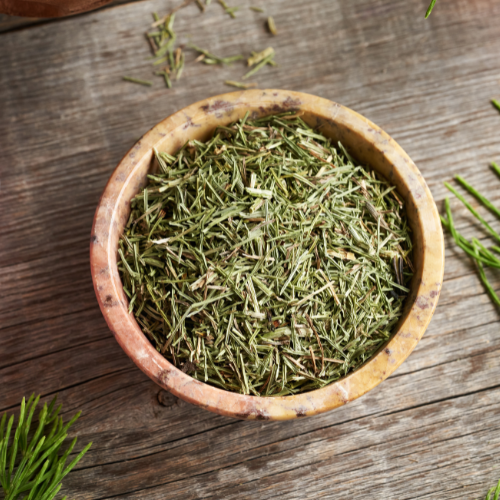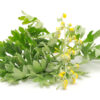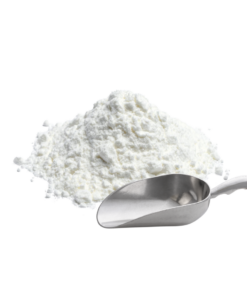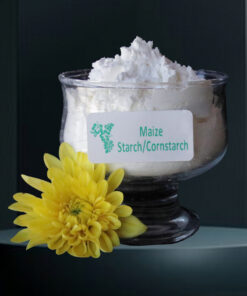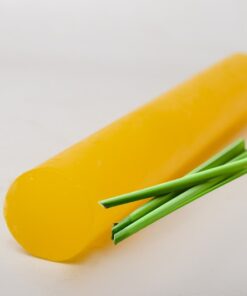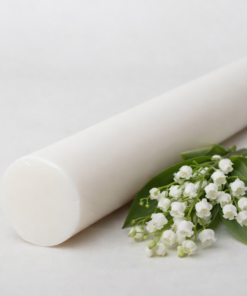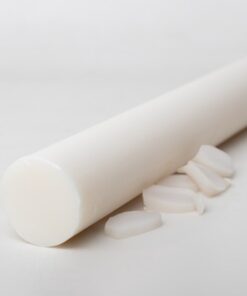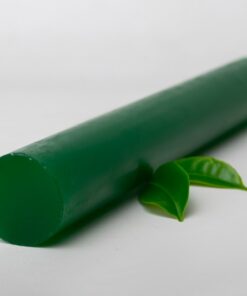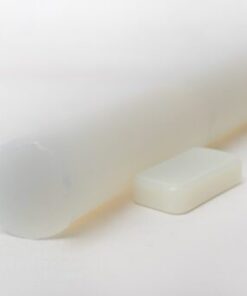Dried Rosemary – 1kg
R260,00
Dried Rosemary – 1kg – Carefully harvested and dried to preserve its rich aroma and taste, dried rosemary is a must-have for any culinary enthusiast.
Out of stock
Dried Rosemary – 1kg
Key Features for Soap, Candle, and Cosmetics Making:
Robust Flavor and Fragrance:
Dried rosemary brings a powerful, earthy flavor with hints of pine and citrus, making it an excellent addition to culinary creations. Its fragrant, aromatic appeal also extends to soaps, candles, and cosmetics. The herb’s invigorating scent is perfect for creating a refreshing and natural product range.
Versatility in Applications:
Dried rosemary’s versatility makes it a favorite in both culinary and cosmetic formulations. Use it in soaps for a refreshing, herbal aroma or incorporate it into candles to evoke the calming atmosphere of the Mediterranean. In cosmetics, rosemary’s soothing properties help rejuvenate skin and enhance the natural scents of lotions and body scrubs.
Long Shelf Life:
Thanks to its drying process, rosemary retains its flavor and fragrance for an extended period. This makes it perfect for use in long-lasting products like soaps and candles, ensuring that your creations maintain their quality and aroma for months.
Aromatic Appeal:
The distinctive scent of rosemary adds a natural, earthy fragrance that evokes a sense of relaxation and freshness. Whether used in a candle to fill a room with its scent or in a skincare product to provide a calming and refreshing experience, rosemary’s aromatic properties are unmatched.
Common Uses of Dried Rosemary:
In Soap Making:
Add dried rosemary to your soap for both its texture and fragrance. You can grind it to create an exfoliating effect or leave it whole for a rustic, natural look. The invigorating scent of rosemary will linger, offering a refreshing experience with each use.
In Candle Making:
Use dried rosemary as a decorative element in your candles. Whether mixed in with wax or placed on top for visual appeal, rosemary enhances both the look and fragrance of your candles. It provides a calming atmosphere, making it perfect for relaxation spaces.
In Cosmetics:
Rosemary’s properties are excellent for skincare. Incorporate dried rosemary into bath salts, scrubs, or lotions to benefit from its rejuvenating qualities. It promotes circulation and has anti-inflammatory effects, making it ideal for soothing tired muscles and refreshing the skin.
Benefits of Dried Rosemary:
Flavor and Fragrance Enhancement:
Incorporating dried rosemary into your culinary and cosmetic creations elevates both flavor and aroma. Whether used in cooking, skincare, or candle-making, it provides a deep, refreshing experience that enhances any product.
Soothing and Skin Nourishing:
Rosemary is renowned for its soothing properties. It works wonders in bath and body products, promoting healthy, refreshed skin with each use.
Convenience and Long-Lasting:
Dried rosemary is easy to store and has a long shelf life, making it a convenient choice for those who create products that need to maintain their fragrance and freshness for extended periods.
Elevate Your Creations with Dried Rosemary:
Whether used in the kitchen, your next candle-making project, or your handmade skincare line, dried rosemary is a versatile, timeless ingredient that adds both flavor and fragrance. Embrace its full potential and bring a touch of the Mediterranean to your creations today.
| Weight | 1 kg |
|---|---|
| Dimensions | 45 × 45 × 20 cm |
Related products
Glycerine Melt and Pour Soap
Glycerine Melt and Pour Soap
Glycerine Melt and Pour Soap

